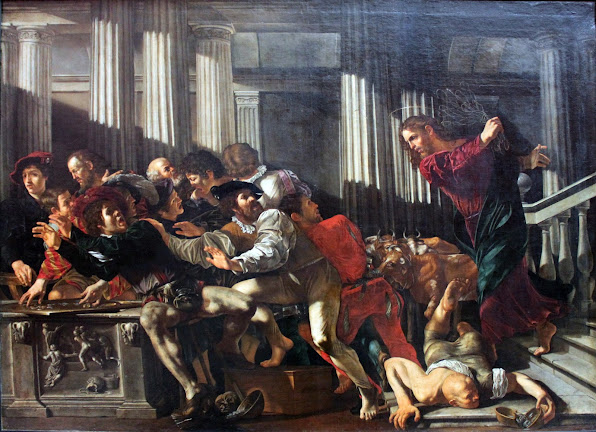In the Sermon on the Mount, Jesus told us the importance of building our lives on a firm foundation.
Therefore, everyone who hears these words of Mine, and acts on them, will be like a wise man who built his house on the rock. And the rain fell and the floods came, and the winds blew and slammed against that house; and yet it did not fall, for it had been founded on the rock. And everyone who hears these words of Mine, and does not act on them, will be like a foolish man who built his house on the sand. And the rain fell and the floods came, and the winds blew and slammed against that house; and it fell—and its collapse was great.”(Matthew 7:24-27)
The condo collapse in Surfside, Florida on June 24, 2021 provided the vivid object lesson of consequences that Jesus prophesied about building on the sand. What can we learn from this disaster? Some simple observations:
- Proper maintenance was postponed or neglected. Condo owners associations need to be vigilant and have periodic inspections, and respond promptly to fix problems.
- Life seemed normal. Calm continuity does not mean that there aren’t deep underlying problems, and that disaster can’t happen suddenly without warning.
- No immediate cause has been found. While a triggering event could be strong winds and floods, if a structure is fragile enough, as in this case, an insignificant event may bring total destruction.
- Approximately 100 people were killed. It took a month of digging to recover their remains.
Jesus was referring to building our lives on the solid foundation of His words and teachings. There are innumerable books on His teachings in the Sermon on the Mount and other passages. But here Jesus addresses the overall attitude of what is the source of precepts upon which we base everything else. Is it about me or is it about Him?
- We need a continuing review of our life by the Holy Spirit. We need to respond when He convicts us of anything that does not line up with Jesus’ words.
- Just because our life is calm and satisfying doesn’t mean that disaster doesn’t await us.
- While some unexpected major event may occur to bring our whole life crashing down, if we have not built our life on Jesus and His teachings, some insignificant event could trigger destruction.
- There are innumerable aspects of our life that Jesus’ words address (basically all facets of life). It takes a lifetime of Holy Spirit training to conform this multitude of life-traits to Jesus’ words.
In the earlier teachings, Jesus addressed pride, judgmentalism, greed, anger, lust, envy, stinginess, et.al. Whether destruction resulting from these sins comes through the natural working of cause and effect in this world, or through the spiritual judgment in the kingdom to come, judgment is inescapable. In a sense, those whose sins ruin their earthly lives come out better, because they have an opportunity to repent before they face the judgment of Christ, rather than facing Him unrepentant and beyond all possibility of redemption. (1 Corinthians 3:11-15, Matthew 25:41-46) Far better to build our life on His words now, heeding and doing the beatitudes, and His other teachings, even though they are impossible for us to keep. A life built on His commands is on solid ground and will not be destroyed like the Champlain Towers South in Surfside, Florida.




